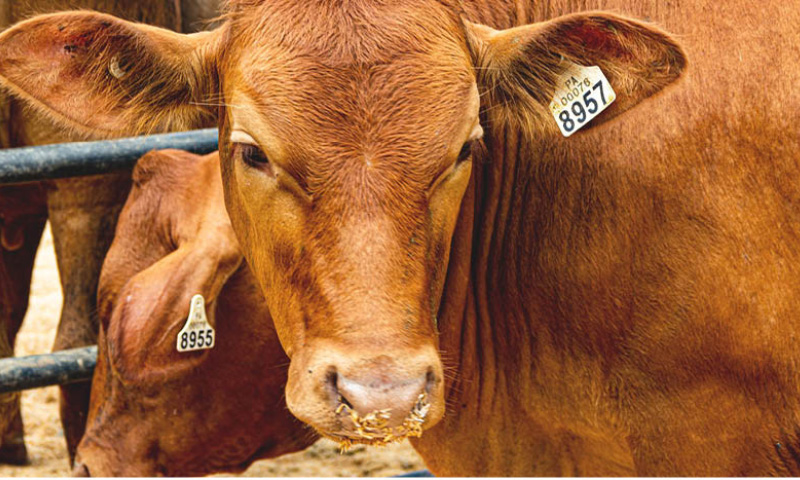Vitamins are nutrients that animals require in very small quantities for normal growth and maintenance of life, and the requirements for each differ considerably. Vitamins are involved in metabolic processes as co-factors in energy, protein and fat utilisation as antioxidants, assisting in the uptake of minerals and their balance, and are associated with the production of hormones and many other vital body functions.
Pastures contain a wide range of vitamin precursors and vitamins and to supplement dietary intake the animal can synthesise many vitamins within the body. Vitamin D is produced in the skin by sunlight, vitamin K and B-group vitamins are produced by bacterial fermentation in the gut and vitamin C is produced in the liver. Vitamin A and E are not synthesised within the animal body and is exclusively obtained from the diet. At least 14 vitamins have been accepted as essential food factors and have been divided into two main groups: fat-soluble and water-soluble.
Vitamin – Fat Soluble
Vitamin – Water Soluble
By Shannon Godwin (BAppSc GDTL)
